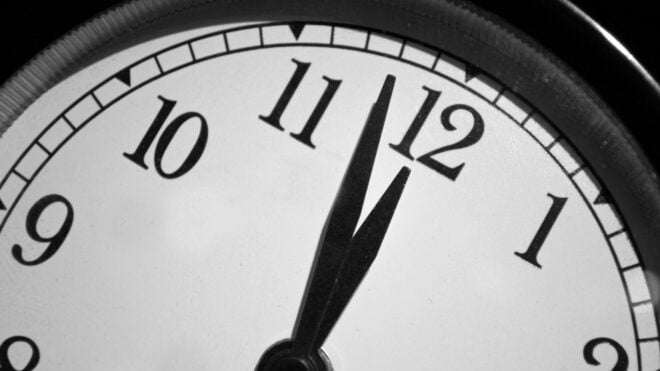We all have a food that we love, and would probably eat with every meal if we could.
And it's probably one of those foods that everyone loves to bash. It's bad for you. If you gave it up, you'd be so much healthier. But it's just so good, and so satisfying, you couldn't dream of giving it up.
And for a lot of people? That food is cheese.
If you like pizza, mac and cheese, any number of breakfast foods, or delicious cheesecake, then you know how wonderful cheese is. And you probably also know how disparaged it is as fatty, unhealthy, and unnecessary in the human diet.
But the reality is that people have been making and enjoying cheese for thousands of years, and we even still have some of those ancient recipes.
In days when food was less plentiful than it is today, cheese was a way to keep dairy edible without refrigeration and was a source of protein. There are countless variations, and cheese is found in thousands of recipes.
And it turns out so many generations of cheese snackers can't be wrong. Cheese, in moderation, is good for you — provided, of course, you're not lactose intolerant. If you are, avoiding cheese is a good idea. But if you can handle lactose, eating cheese isn't actually all that bad for you!
Naturally, eating too much of any one thing isn't going to be good for you, and some cheeses are higher in fat content than others. But a little slice now and then is perfectly fine for you.
What's The Concern About Cheese?
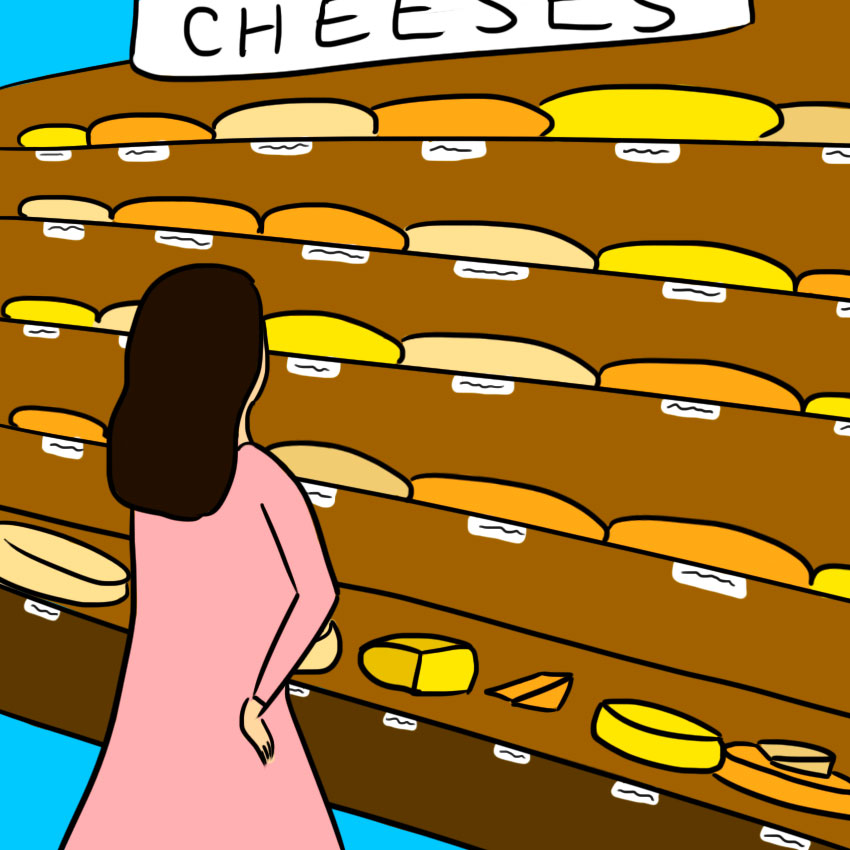
If you've ever hesitated before picking up a wedge of Romano or a block of Cheddar at the store, it's probably because you've heard all about how bad it is for you.
Cheese gets a bad rap because it's full of fat and calories, and is believed by many to raise LDL, or "bad" cholesterol.
But it turns out that you might get to keep cheese in your diet after all.
Cheese Benefit #1: Doesn't Affect Your Cholesterol
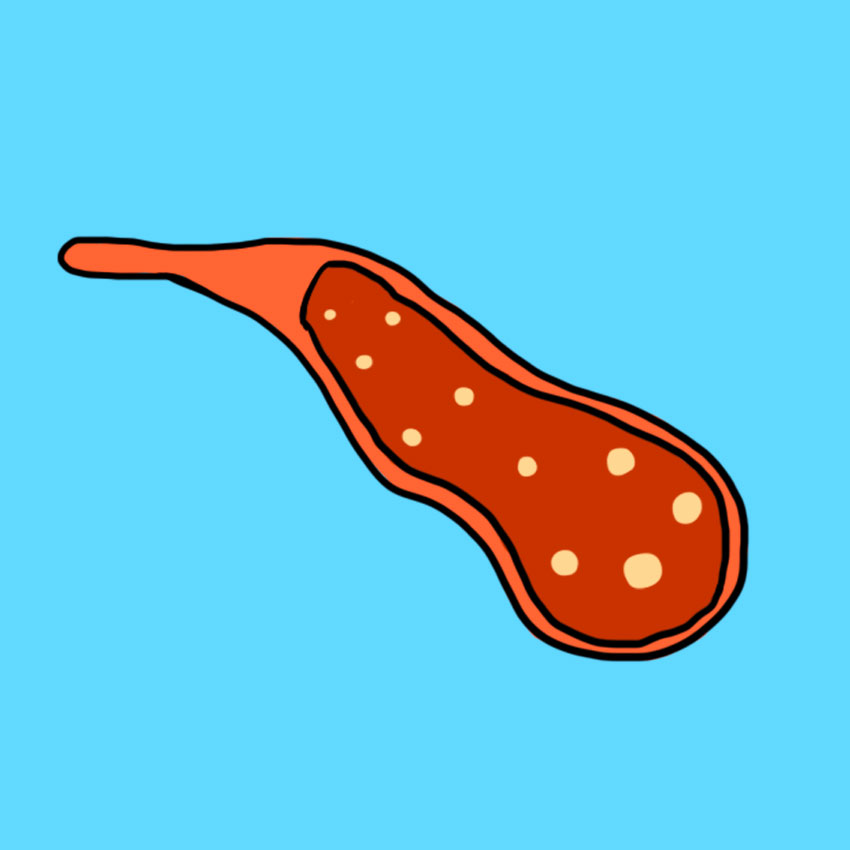
Eating cheese, even full-fat cheese, doesn't actually affect your cholesterol all that much it turns out.
A study showed that eating 80 grams of high-fat cheese every day for 12 weeks had little to no effect on LDL cholesterol levels, and that there was no significant difference between those who consumed it and those who ate no cheese.
Cheese Benefit #2: Good Source Of Vitamin D

Milk is rich in vitamins, and one of them is vitamin D, which is great for bone and tooth health. Nibbling some cheese is a good way to get a boost of this vitamin, but different types of cheeses have varying levels, so check the labels.
Cheese Benefit #3: Boosts Liver Function

The jury's still out on this theory, but there seems to be some indication that eating a moderate amount of cheese boosts liver health.
That doesn't mean you should attempt anything like a cheese detox, but it means that cheese isn't only heaping unhealthiness on your body.
Cheese Benefit #4: Might Boost Metabolism
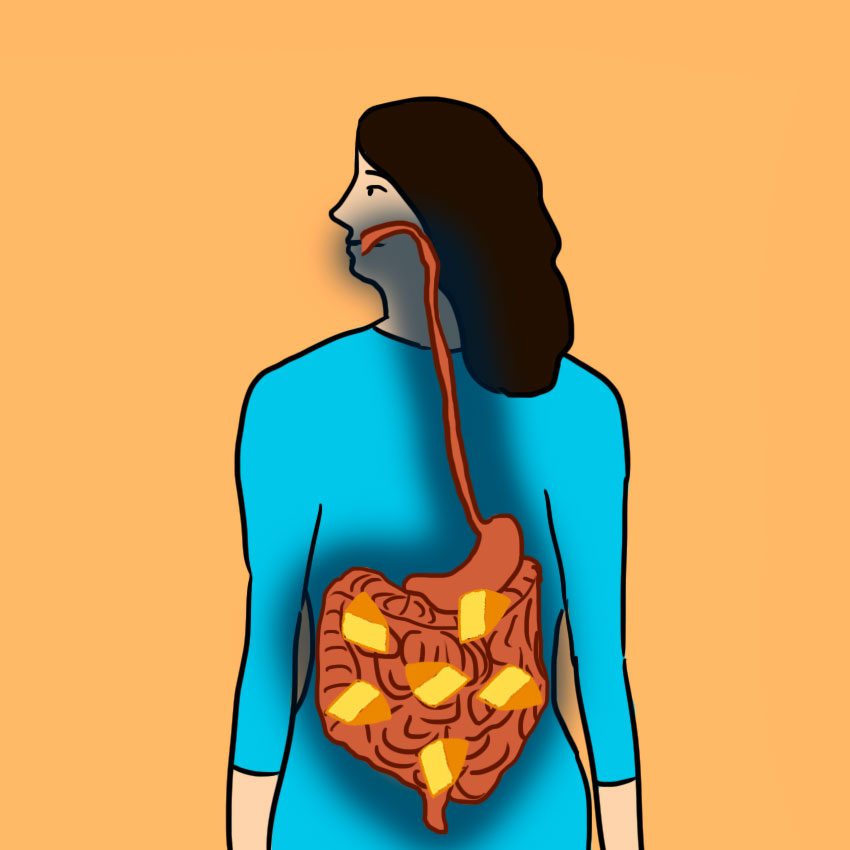
Like with liver function, there still needs to be more study on this theory. But it seems that eating a nibble of cheese might kick your metabolism into higher gear and get your body processing food faster, leading to less weight gain.
Cheese Benefit #5: Packed With Nutrients

Cheese is full of vitamins and minerals that your body needs.
Depending on the variety you're eating, the exact details will vary, but most types include zinc, selenium, phosphorus, sodium, riboflavin, and vitamins A, B12, and K.
Cheese Benefit #6: Increases Bone Health
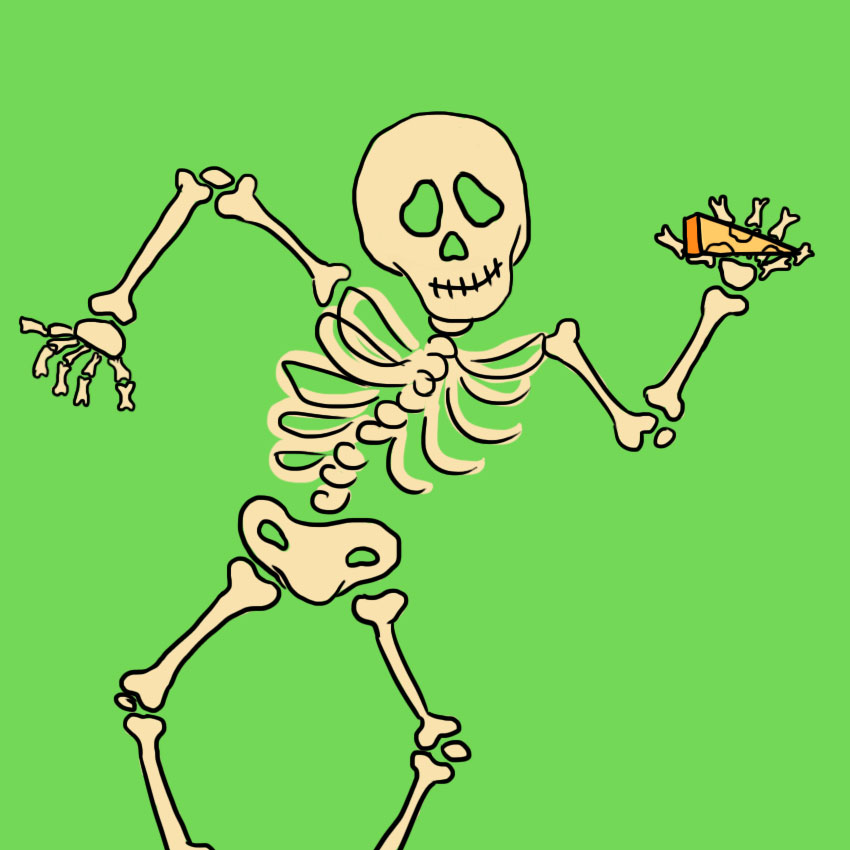
Naturally, dairy is full of calcium, which is crucial to bone health.
Just a one-ounce serving of Swiss, mozzarella, or Cheddar cheese will boost your bones with 200 milligrams of calcium, or about a fifth of your recommended daily amount.
Cheese Benefit #7: Builds Muscle Mass
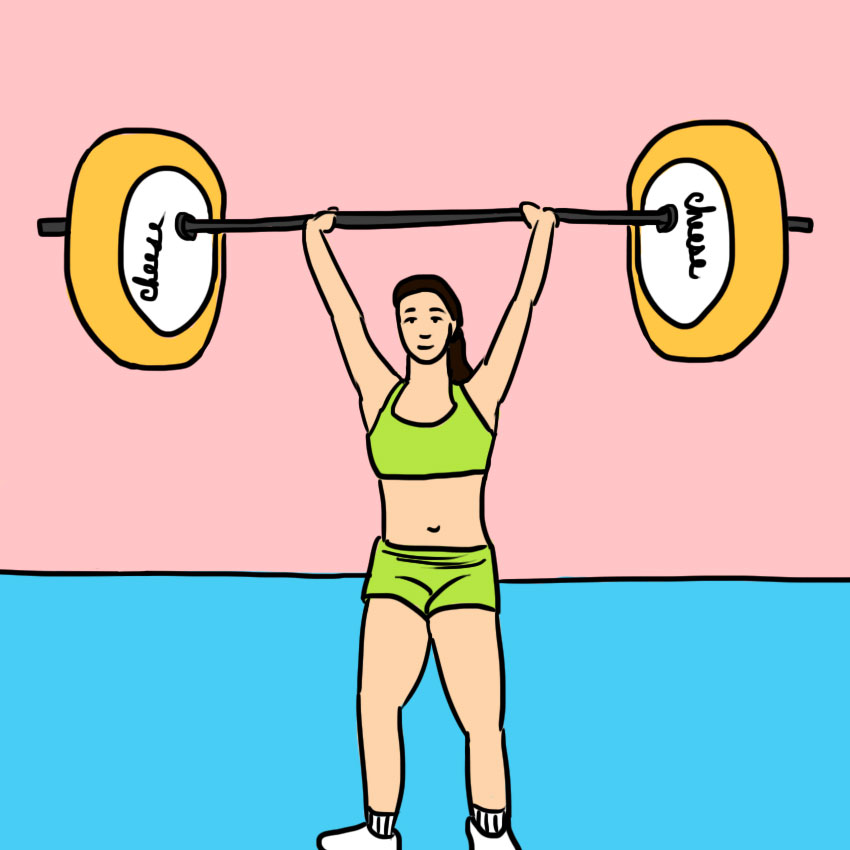
Cheese is great for building bone and muscle mass, otherwise known as the kind of weight gain that's good for you.
Cheese also contains an antioxidant called conjugated linoleic acid, which burns fat while it builds muscle and bone mass.
It's also an anti-inflammatory, which means it helps reduce inflammation and soreness after a workout.
Cheese Benefit #8: Improves Heart Health

Fat and calories sound like the last thing for a heart-healthy snack, but hold on.
It turns out that cheese has properties that help the body get rid of a molecule, TMAO, that is linked to cardiovascular disease.
This study is still in its early stages, but it's looking like cheese is actually a friend to your heart.
Cheese Benefit #9: Might Help Prevent Cavities

Just like cheese helps your bones, it helps your teeth with its calcium content, too. But that's not all.
Cheese has been shown to protect tooth enamel from acid erosion.
Acid, usually found in coffee, tea, and soda, is combatted by the more basic (as in non-acidic) nature of cheese, helping our mouths reach equilibrium and protecting your enamel.
How Should You Enjoy Cheese Responsibly?

By enjoying it in moderation! Too much cheese isn't good for you, especially if you can't handle a lot of lactose.
In fact, harder cheeses have less lactose than softer ones, so that's something to keep in mind.
Depending on what cheese tickles your fancy, serving sizes may vary, so do a little research to determine the right portion.
And for all your fellow cheese lovers, be sure to SHARE this great breakthrough!

